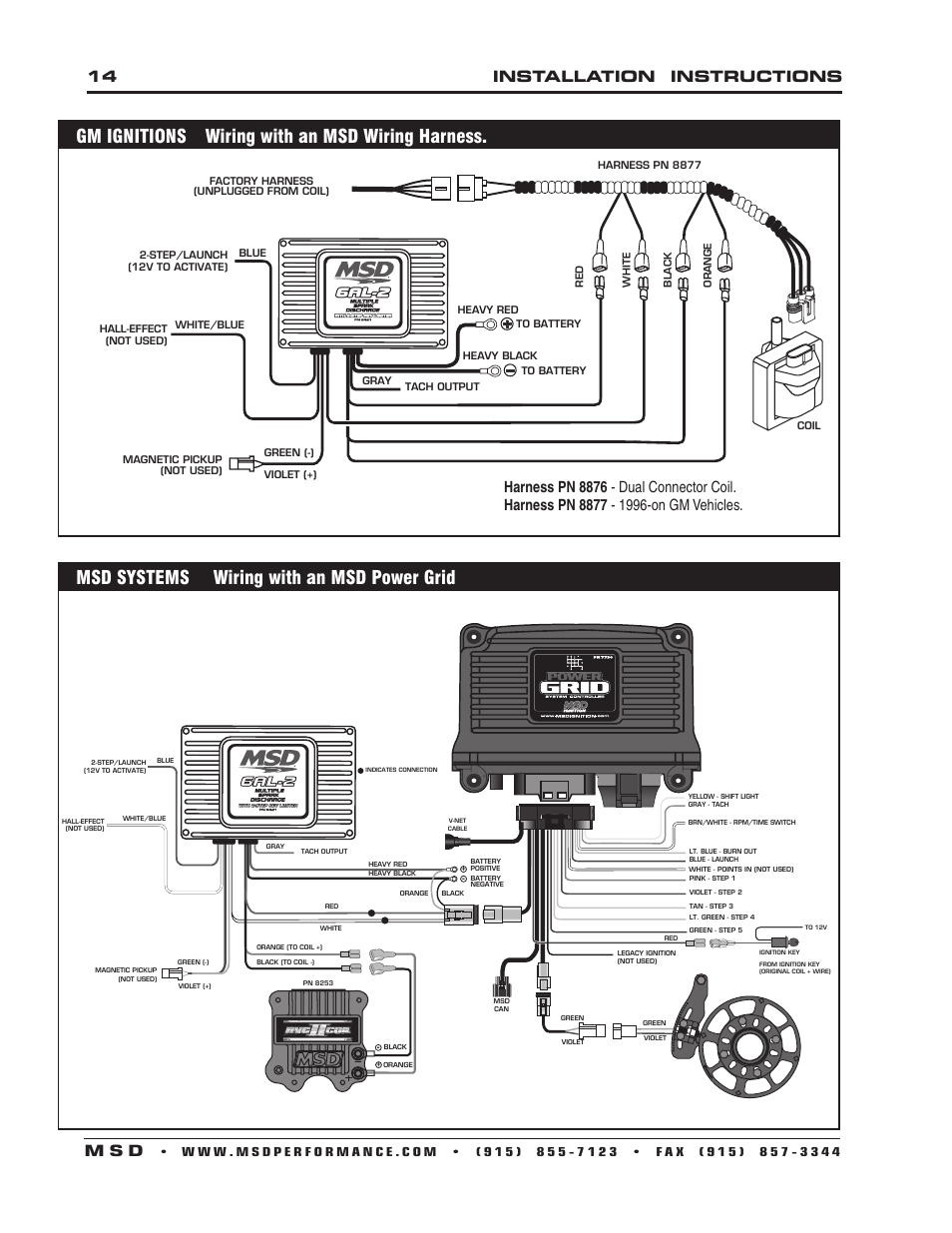When it comes to understanding the intricate wiring of your vehicle’s electrical system, having a comprehensive understanding of Msd Grid Wiring Diagram can be incredibly beneficial. These diagrams are essential tools that provide a visual representation of the electrical connections within your vehicle, helping you to troubleshoot issues, make repairs, and ensure that everything is functioning properly.
Importance of Msd Grid Wiring Diagram
Msd Grid Wiring Diagram are essential for a variety of reasons, including:
- Providing a clear visual representation of the electrical connections in your vehicle
- Helping you to understand how different components are connected and interact with each other
- Aiding in troubleshooting electrical issues and identifying potential problems
- Ensuring that modifications or upgrades are done correctly and safely
Reading and Interpreting Msd Grid Wiring Diagram
When it comes to reading and interpreting Msd Grid Wiring Diagram, it’s important to keep the following in mind:
- Start by familiarizing yourself with the symbols and abbreviations used in the diagram
- Follow the flow of the wiring from one component to the next to understand how they are connected
- Pay attention to color codes and markings to ensure proper connections
- Refer to the legend or key for any additional information or clarification
Using Msd Grid Wiring Diagram for Troubleshooting
When it comes to troubleshooting electrical problems in your vehicle, Msd Grid Wiring Diagram can be invaluable. Here’s how you can use them effectively:
- Identify the specific circuit or component that is causing the issue
- Trace the wiring to locate any potential breaks, frays, or loose connections
- Use a multimeter to test for continuity and voltage at different points in the circuit
- Refer to the diagram to ensure that all connections are correct and secure
Importance of Safety
Working with electrical systems can be dangerous, so it’s important to prioritize safety at all times. Here are some safety tips and best practices to keep in mind:
- Always disconnect the battery before working on any electrical components
- Use insulated tools to prevent shocks or short circuits
- Avoid working on electrical systems in wet or damp conditions
- Double-check all connections before reapplying power to the system
Msd Grid Wiring Diagram
power_grid_to_msd_7al3_wiring_diagram | PDF

Msd Power Grid Wiring Diagram Database

Msd Ignition Wiring Diagram – A Comprehensive Guide – Wiring Diagram

Msd Wiring Diagrams Ignition System

Msd 7al 3 Wiring Diagram

Msd Grid To 6al Wiring Diagram – KRUWNO
